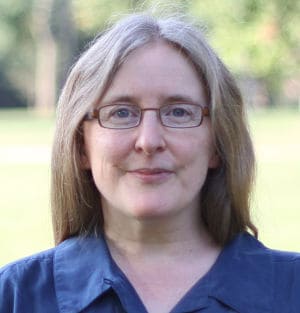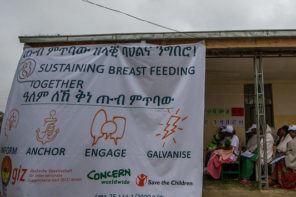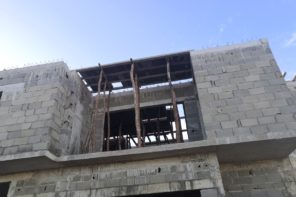“Collaborative dilemmas” was the title of a workshop held last April at EHESS in Paris under the framework of “UNESCO frictions: heritage-making across global governance” in collaboration with the EASA Network for the Anthropology of International Governance. The aim of the workshop was to explore the conundrums of ethnographic engagement and complicity with international organisations and other governance apparatuses that implement global policies at different scales. Participants discussed the controversial and difficult position of anthropologists engaging in collaborative work with elites, the challenges to political neutrality, the proverbial risks of “going native” which are vastly amplified when anthropologists and “natives” belong to the same “epistemic community,” and the problematic relationships between knowledge production and action, expertise and critical research. These dilemmas, shared by many anthropologists working with international organisations, development agencies or other governance actors, are charged with particular complexity for new generations of researchers, whose approach is shaped by the neoliberal development of European research policies. In this context, an increasing number of non-tenured “young” researchers navigate the academic “job market,” switching from a post-doc to a consultancy to a fellowship in some university to a temporary job in an NGO, a governmental agency or an international organisation.
We are all aware that living in an age of (academic) uncertainty generates all kinds of anxieties.
Burgeoning movements of researchers across Europe are heatedly denouncing the unquestionable drawbacks of a growing professional insecurity in the academic world. While we acknowledge the importance of this activist endeavour, we propose an auto-ethnographic exploration of this condition, focusing on the epistemological implications of researchers’ insecure professional condition. In fact, coming to grips with neoliberal research policies also entails experimentation with different research practices and approaches. Not only do we design our research within multiple sites, but we also assume multiple positions across the boundaries of research, action and expertise. How does this complex identity impact our analyses? Is research based on remunerated expertise intrinsically biased? Is this situation limiting our intellectual freedom? What obligations are created when we study our own professional environment? Which kinds of pressure affect our relationships with our interlocutors inside and outside academia? In short, which collaborative dilemmas increasingly affect this new generation of researchers in the age of professional insecurity?
As research becomes increasingly supported by non-academic institutions and ever more researchers play the role of consultants, embedded researchers, facilitators, brokers, etc., it is crucial to have a better understanding of the controversial – but simultaneously thought-provoking and sometimes potentially innovative – repercussions of these developments on the process of knowledge production in social sciences. While this roundtable clearly does not intend to celebrate the increasing casualization of research, it calls new generations of casual academics to take advantage of their position to elaborate on critical, provoking issues.
Several papers in the “Collaborative dilemmas” workshop prompted these reflections. This roundtable is open to trigger a broader debate.
Are these developments, usually condemned as corrupting us as scholars and leading to the death of pure research, introducing some kind of innovation vis-à-vis established academic work?
Do existential and professional uncertainty have epistemological potential?
What are the restrictions and weaknesses of ethnographic multipositionality imposed by neoliberal research conditions?
Are the dilemmas faced by casual researchers distinct from those experienced by their tenured colleagues and, if so, how?
Virtual Roundtable
Click on the CAPTIONS of the photos to read the answers of the experts:
If you want to share your anxieties and disclose your collaborative dilemmas, please join the conversation. Write a comment below or send a detailed response to submissions@allegralaboratory.net. Any kind of contribution is welcome!














